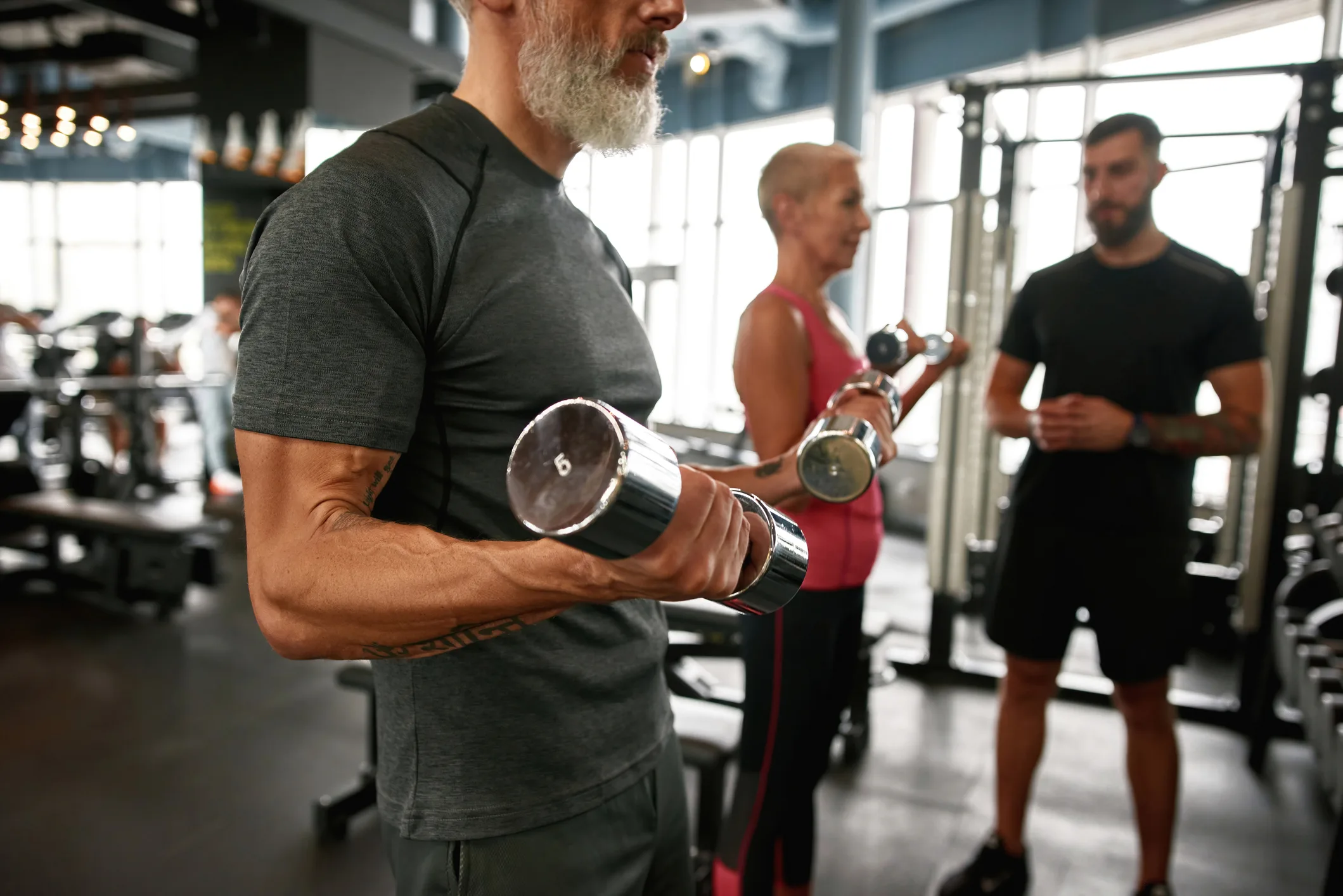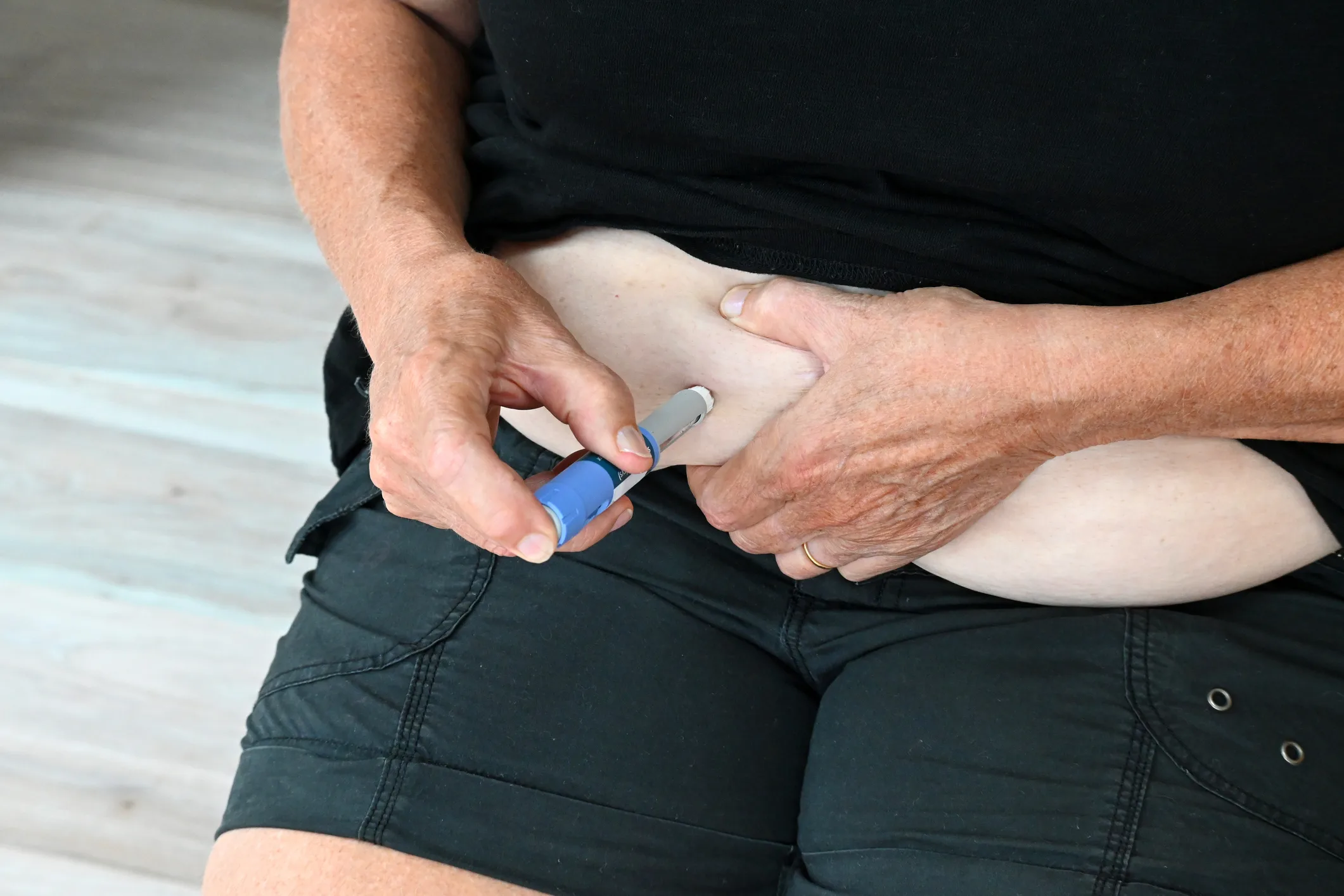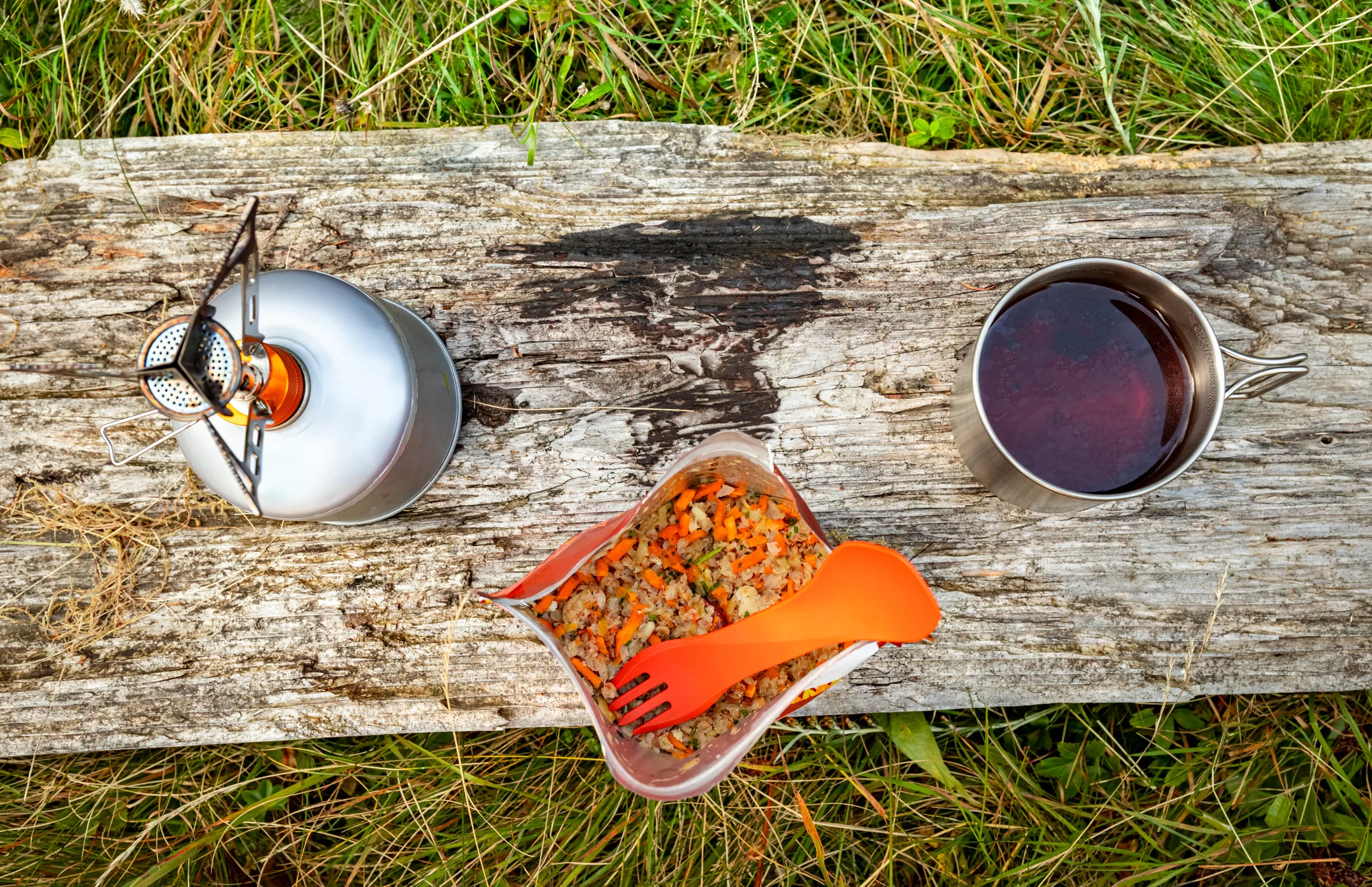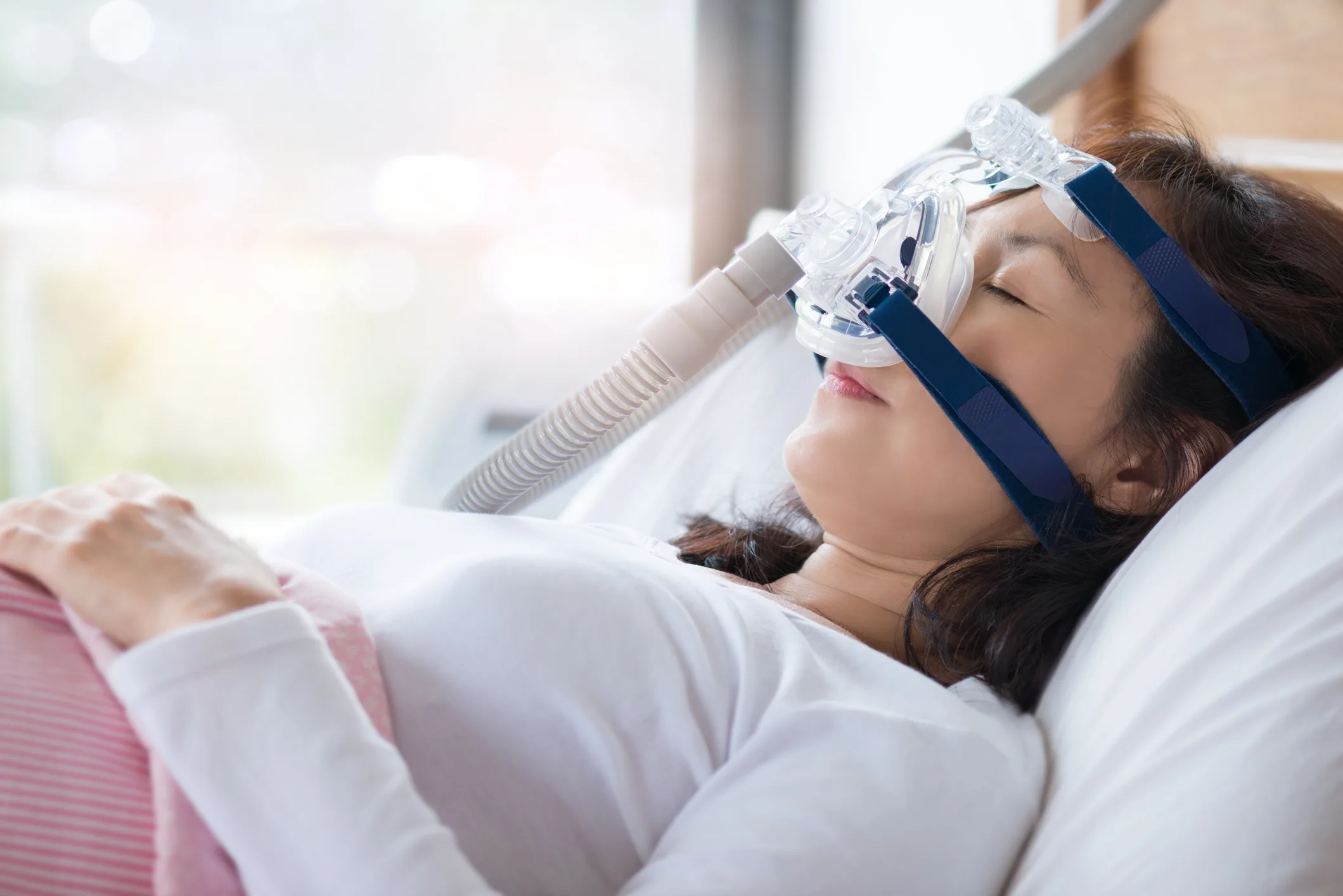Forget fancy diets and extreme workouts for a moment. What if one of the most potent ingredients for a long, vibrant life isn’t found in a superfood or a gym, but in your own head? Prevailing research suggests that being mentally tough – those who stay calm under pressure, keep going when things get hard, and feel their life has purpose – might just be your secret weapon for living longer, especially if you’re a woman.
What’s This “Mental Toughness” All About?
Mental toughness isn’t about being a stoic statue, immune to feelings. Think of it as your internal superpower for navigating life’s rollercoaster. It’s a mix of psychological traits that help you not just survive, but thrive, when the going gets tough:
- Resilience: Your ability to bounce back from life’s inevitable curveballs. Life throws lemons? You’re already planning the lemonade stand.
- Composure Under Pressure: The knack for keeping your cool when chaos reigns. While others are panicking, you’re calmly making a to-do list.
- Perseverance: The stubborn refusal to quit, even when obstacles try to trip you up.
- Sense of Purpose: Having a clear “why” – a meaningful direction that makes getting out of bed (even on Mondays) worthwhile.
These traits determine how gracefully (or not so gracefully) you handle stress.
The Longevity Loop: A Resilient Road to a Longer Life
A significant study published in BMJ Mental Health looked at how psychological resilience affected mortality in older adults. The results were pretty jaw-dropping: the more resilient people were, the less likely they were to, well, kick the bucket. Specifically, those with the highest resilience were 53% less likely to die over a decade compared to their less resilient counterparts. This wasn’t just a fluke; the link held strong even after accounting for age, health conditions, and lifestyle choices.
It seems resilience acts like a psychological shield, deflecting the wear and tear that life’s challenges can inflict on both mind and body. Who knew your inner grit was also an anti-aging cream?
Ladies First: The Female Longevity Edge
While mental toughness benefits everyone, it seems to have a special perk for women. The BMJ Mental Health study, where women made up 59% of participants, found the connection between high resilience and a lower death risk was even stronger in women than in men.
This isn’t entirely surprising. Women generally outlive men, and there’s a growing body of research suggesting women often possess greater biological resilience. Some theories point to stronger immune systems or better survival rates during illness. Plus, studies on women post-heart attack have shown that higher resilience leads to better psychological recovery, suggesting it’s a vital asset when health takes a hit.
The Purpose-Driven Life (and Lifespan)
A strong sense of purpose is a particular superstar in the mental toughness lineup when it comes to longevity. Research by Eric S. Kim and colleagues (2022) found that older adults with a high sense of purpose had a 46% lower risk of mortality over four years. That’s a statistic that makes you want to start writing down your life goals!
Why is purpose so powerful? People with purpose tend to make healthier choices – think better diets, more exercise, and consistent sleep. They also experience less chronic stress and inflammation, both known aging accelerators. Essentially, purpose gives you a reason to keep showing up, even when things get tough, fostering resilience and motivating you to live your best (and longest) life.
Cultivating Your Inner Powerhouse
The best part? Mental toughness isn’t something you’re just born with. It’s a skill you can build, like learning to juggle (only far more impactful for your lifespan). The BMJ Mental Health study doesn’t just show a link; it hints at the massive potential for interventions that boost psychological resilience to literally extend lives.
Takeaway
So, consider embracing strategies like mindfulness, stress management (deep breaths beat deep-fried anything for stress relief!), setting meaningful goals, and nurturing strong social connections. By fine-tuning your ability to stay calm, push through challenges, and find meaning, you might just be giving yourself the ultimate longevity hack. Your mind is a powerful tool – use it wisely, and it might just add a few more chapters to your life story.
Source:
Role of Resilience in the Psychological Recovery of Women With Acute Myocardial Infarction
Being psychologically resilient can reduce the risk of all-cause mortality











